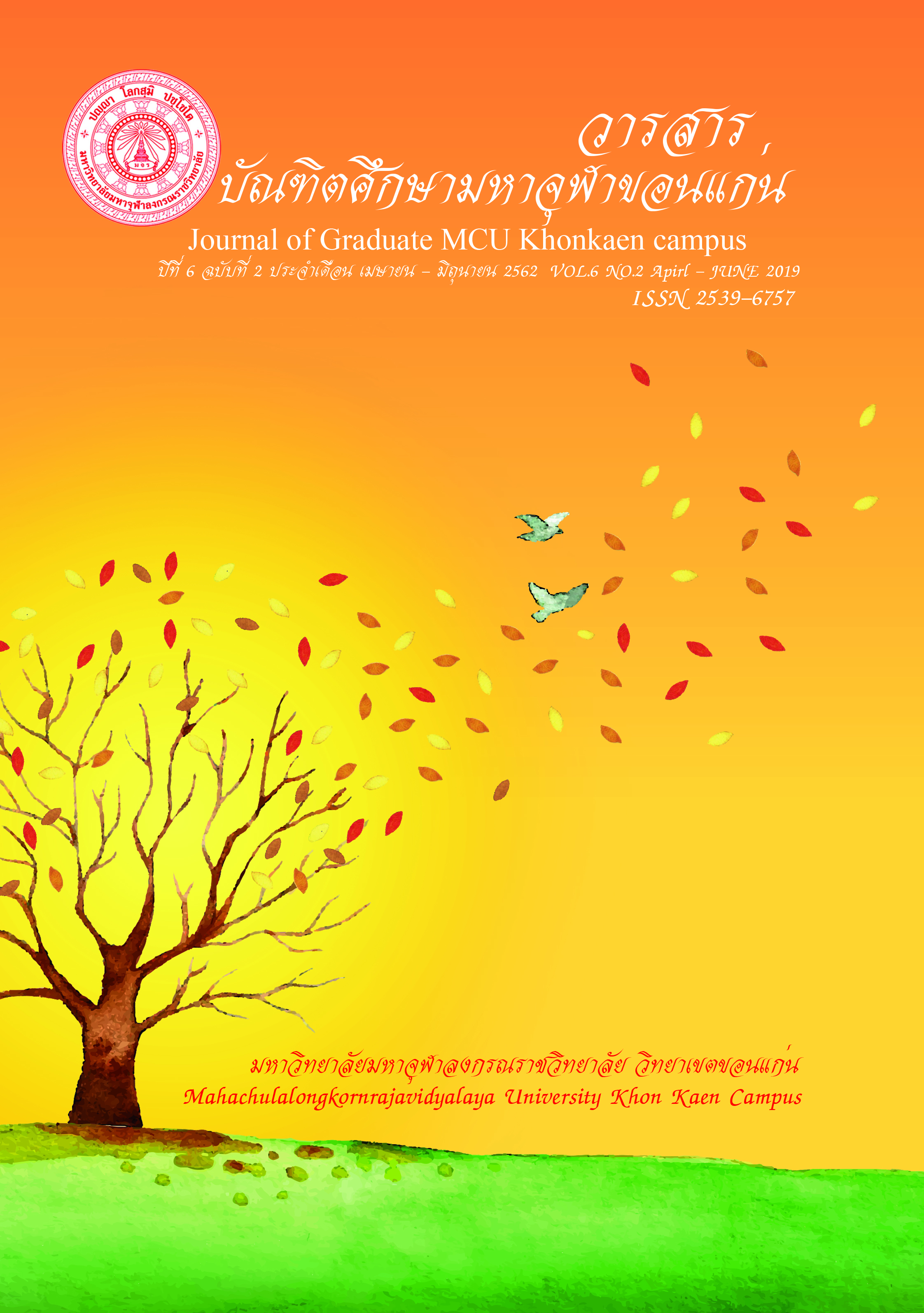Political Culture: Concepts to Development of Thai Society.
Main Article Content
Abstract
According to the article “Political Culture: Concepts to Development of Thai Society” the main purpose is to identify the characteristic of political culture, which is the relationship between the members of the political society and the political society in psychology. By which the political culture in which the political society wants is often instilled into the ideas, ideology, beliefs, etc. of members in that political society, depending on the politics of each country which may have different characteristics There are different countries leaders. But regardless of which country has a system of government, it needs stability. Because when the country is stable, it will result in good results in all aspects. This security can be achieved with stable political politics. With the characteristics of gradual urban development Security is related to the state power structure. Which each state may be different, therefore may not copy or style the country you want, in the context of Thai society, with Thai economic, social and political conditions There are changes every moment. As follows the political culture described in the content of the article, is therefore an alternative way to frame the study. Develop according to democratic ideology in Thai society.
Article Details
References
and Arts Srinakharinwirot University,12 (2), 49.
Chaowalaksakun, S. (2018). Coup and Thai politics. Journal of Business and
Social Sciences Ramkhamhaeng university. 1 (3) : 31-32.
Eiampaiwan, W. (2003). Political culture. In Introduction to Political Science.
Unit 11. Nonthaburi: Sukhothai Thammathirat Open University.
Gabriel A. Almond & Sidney Verba. .(1956). The Civic Culture : Political
Attitudes and Democracy in Five Nations. Boston: Little Brown &
Company.
Gabriel A. Almond.(1956). Comparative Political System. Journal of Politic,
18 (3), 391-409.
Heywood, A. (1997). Politics. London: Macmillan.
Kanjanasuwan, W. (2015). Report on mechanisms to promote democratic
political culture in Thai society. n.p: n.p.
Lucian W. Pye and Sidncy Verba.(1965). Political Culture and Political
Development. Princeton: Prineton University Press.
Mehran Kamrava. (1996). Understanding Comparative Politics: a framework
for analysis. London and New York : Routledge.
Promgird, P. (2014). Political Culture and Democracy Development in NorthEast Rural Community Area : A Case Study of People in Khambong
and Sa-ard Village, Ampure Nampong, Khon Kaen Province. Journal
of Humanities, Social Sciences. 31 (3) : 65-66.
Publishing House.
Santaphan, C. (1999). Thai Political Culture: the true Constitution that has
Never been Abolished. Online. Retrieved Janury 10 2019. from :
http://www.pub law.net/publaw/view.aspx?id=1014
Somvician, K. (1971). Thai Political Culture and Urban Development.
Bangkok : Political Science, Phra Nakhon, Thai Wattana Panich.
Suksamran, S. (1984). Buddhism and Political and Cocial Change. Bangkok :
Chulalongkorn University.
Thamrongthanyawong, S. (2006). Thai Politics. Bangkok: Sema Tham
William T. Bluhm. (1974). Ideologies and Attitude Modern Political Culture.
New Jersey : Prentice Hall.

